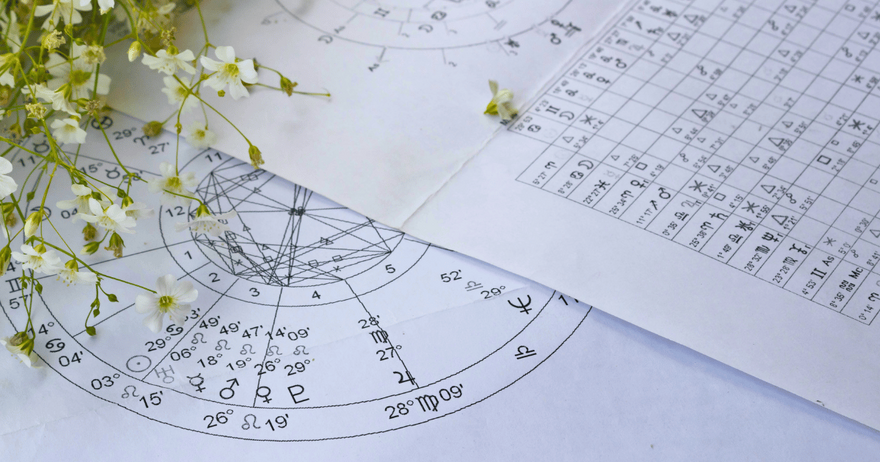Can a chef truly ‘own’ a recipe?

Triple-cooked chips. You’ve probably tried one. The brainchild of Heston Blumenthal who began obsessively developing the method (which involves boiling, freezing, frying and refrying) in the early 1990s, this seductive side can now be spotted on almost every gastropub menu in the country. Some are a glorious homage to the original, others more fried and forgotten. Blumenthal even shared his recipe for the Hinds Head version so that we all may attempt potato perfection. Generous, right?
A dish you may not have tried, however, is Gordon Ramsay’s Vietnamese braised pork carbonara – or is it macaroni, pig’s head and egg yolk? The former is one of the British chef’s latest creations to be posted on social media; the latter Australian chef Mitch Orr’s ‘signature dish’, which Orr claims Ramsay plagiarised.
Made with pig’s head and topped with a golden yolk, Ramsay’s dish does indeed resemble that served at chef Orr’s Sydney restaurant, Acme. The restaurant announced its permanent closure in June this year, but this didn’t stop Orr commenting on Ramsey’s photo, posted to Instagram: “Looks familiar mate.” He has since demanded credit for inspiring the carbonara.
The question of who owns a recipe – and can claim to have invented it – is a contentious one. Is it possible, for instance, to copyright a recipe? It’s “not impossible”, says Katharine Stephens, partner and intellectual property expert at Bird & Bird, but “recipes don’t generally attract copyright protection as they are a list of ingredients and instructions, which are factual, and therefore not copyrightable.”
Stephens refers me to a recent case in which a Dutch food manufacturer sought to copyright the taste of a specific cream cheese on the grounds that it was piece of “intellectual work”. The EU Court of Justice didn’t bite, and ruled that a taste could not be classified as such, and the company could not use copyright to prevent it from being copied.
Patents are a slightly different matter. “While a copyright protects the expression of an idea, patents protect the ideas themselves. To be patentable, however, the invention has to be new, non-obvious and capable of industrial application,” Stephens explains. If you can prove that your dish is genuinely unique and it is extremely unlikely that someone else has made it before, you may be onto something. Quorn and the Impossible Burger (the plant-based product that mimics minced beef) both have patents. A pork and pasta dish? Chef needs to get a little more inventive if he wants to achieve that.
Applying for a registered trademark is another route to recipe authority. But is it effective at protecting your method? Consider the Cronut™. The American pastry chef Dominique Ansel was successful in registering the name of his croissant-doughnut hybrid as a trademark in 2013, but this hasn’t stopped waves of other bakeries, doughnut shops and cafes from recreating the bake under a new name (think doissant, fauxnut, Greggsnut, or, as I remember them, yum yums).
Which leads us to the moral question – should, as Orr has demanded, credit be given where credit is due? “People don’t really own recipes”, he admitted to an Australian publication, “but it is standard etiquette.” (Orr is yet to hear back from Ramsay himself, though the chef who plated up the dish at his London restaurant, York & Albany, has since agreed it looks too similar not to give credit.)
Reactions on the online culinary forum Cheftalk suggest the topic is tricky to unpick. “There is nothing wrong with taking ideas from famous chefs – but please, give it your own input, too,” reads one comment. Another retorts, “Surely when you change one part of someone’s recipe, it becomes your own?” One poster insists that it’s not simply the idea for the dish, but the presentation that causes controversy. “We all have our own style of plating; it would take a lot of effort to perfectly imitate someone else’s work.”
Stephen Harris, Telegraph columnist and owner of The Sportsman in Kent, admits to being flattered when he spots a dish modelled on one of his own. “I have even ordered them in restaurants to see if they are any good!” he says. “I think a nod to the original would be a nice touch. The only problem is that it is often hard to keep track of where the idea came from in the first place – travel, social media and the high profiles of restaurants have changed the game.”
In a world where photographs, menus, reviews and recipes are shared across all platforms with an unquenchable thirst, the origins of a dish become harder to trace. But inspiration should always be acknowledged, believes cookbook author and Telegraph columnist Diana Henry. “It’s not just that it’s fair to do that, it’s also that it’s part of the ‘story’ of the recipe,” she says.
Chef Orr may not end up with recognition in Ramsay’s story, but how different the culinary landscape would look if every cook were to claim dishes as their own – and hands off. Its evolution relies on inspiration and imitation, and the generous sharing of ideas, for food that tastes good enough to fight over.




